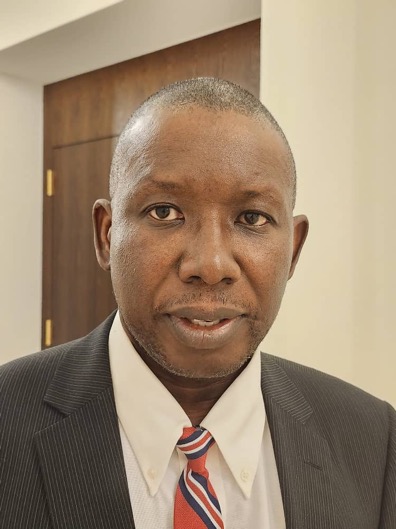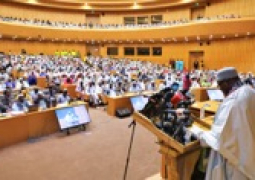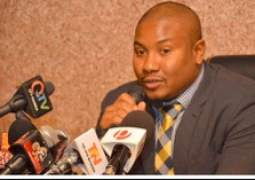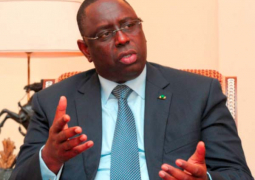
Mr Currat had last week Thursday asked for a four-hour preparation break to enable him question witness Saidykhan, which was not granted by the court. On Friday, he applied for absence due to medical reasons, leading to an adjournment, and on Monday, 22nd January, the session continued with his entire cross examination lasting about 30 minutes.
The defence lawyer asked if the arrest of Musa Saidykhan was in fact, not linked to the reporting about former NIA Director Samba Bah, leading to his arrest following the abortive coup of March 2006.
Musa Saidykhan and Madi Ceesay, the editor-in-chief and general manager respectively had spent 22 days in detention where they underwent torture and other forms of human rights violations deemed crimes against humanity by prosecutors in Switzerland.
“The arrest could not have been linked to Samba, who was a private citizen at the time. That cannot be true,” Saidykhan responded.
In March 2006, The Independent newspaper published a list of people arrested by authorities in Banjul following a failed coup plot. Among them was Mr Samba Bah, former director at the NIA. However, Mr Bah walked into the offices of The Independent to clarify that he was not among those arrested. That, the Samba Bah arrested was a member of the Armed Forces instead. The paper ran a front page correction in subsequent edition to Mr Bah’s satisfaction. To the surprise of many, Saidykhan and Ceesay, after the prolonged custody got released without any charges against them.
Witness Saidykhan told the court that the Police and the NIA operated in such a way that victims are treated in circle between the two security bodies. Mr Sonko had denied knowledge of Saidykhan’s arrest or torture, and said it was work of the NIA, who were answerable to the President.
“If he was not aware, why was he there?” Saidykhan asked, in response to Sonko’s lawyer. “Why did he give a statement to us [prior to our release]?”
Mr Saidykhan had earlier testified that while under NIA custody in March 2006, Mr Ousman Sonko had very good knowledge of it; in fact, being the Inspector General of Police at the time. According to him, it was Sonko who addressed the detainees to, “go to your families and forget what happened here. It was a mistake.”
He further told the court that he was arrested by the Police, handed over to the NIA, who also later on returned him to the Police. He was subsequently brought back to the NIA for torture and extra detention. “Police had not released us. They transferred us to the NIA,” he maintained, in response to Sonko’s lawyer that the two were released from Police custody.
Also asked if the NIA had been vested with powers to operate outside the control and command of the Police based on a legal decree, Mr Saidykhan said the decrees were just an excuse for the agency’s actions. But that it operates in close collaboration with the Police and exercises coordination in dealing with supposed opponents or critics of Jammeh.
The Court also asked about The Independent newspaper, its history and founders, to which Saidykhan said two Gambian journalists established it to pursue news journalism through editorial independence. That the publishers faced series of arrests, detentions, kidnappings while the paper’s offices and printing press suffered arson on two separate occasions. These were perpetuated by State security agents whose names were leaked in the National Assembly but no action was effected against them.
That the paper also faced printing challenges as threats from the state prevented private printers from printing its copies and at some point, printing from Senegal was considered as an option, but they had opted for an A4 copier in the office instead.
“It had endured persistent harassment from the State. Family members lived in fear of what might happen to their loved ones who worked for the paper. When I was appointed in 2005 as editor-in-chief, I chose to accept the challenge because of principle and my belief in independent journalism. Someone has to do the crucial job for the people,” he told the court as his lawyers questioned him after the testimony.
Saidykhan said Gambians were not used to vigilante justice, kidnappings, extrajudicial killings or torture prior to Jammeh coming to power. All of those were introduced by Jammeh into the country – a country that was well known for its peace and exemplary democracy in Africa.




